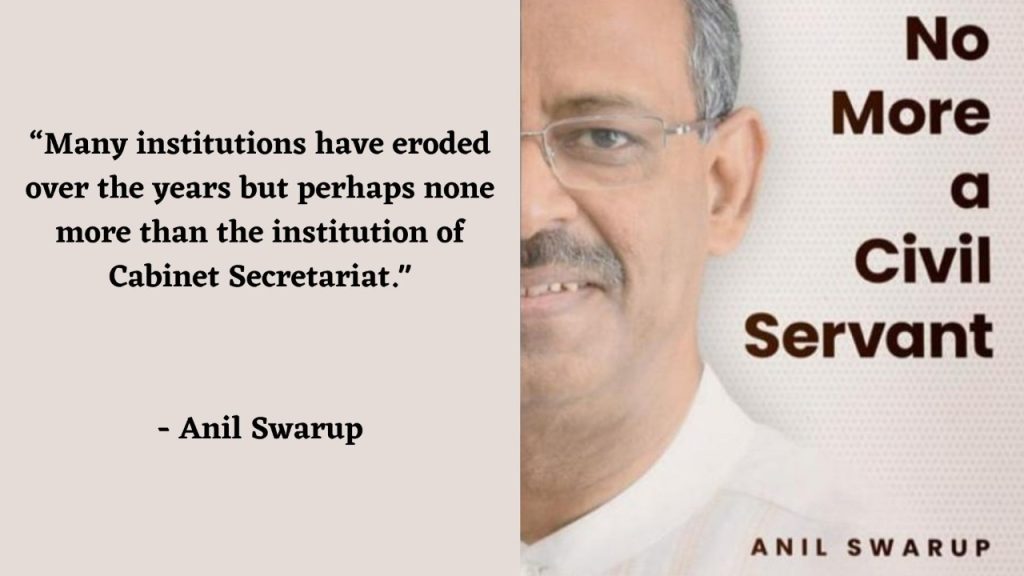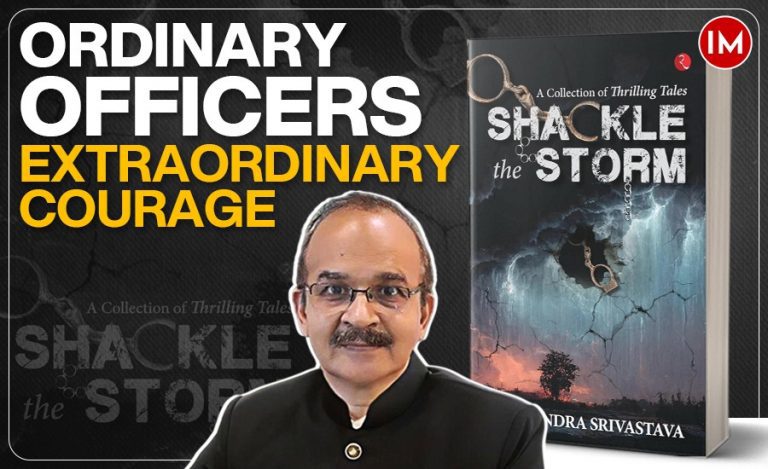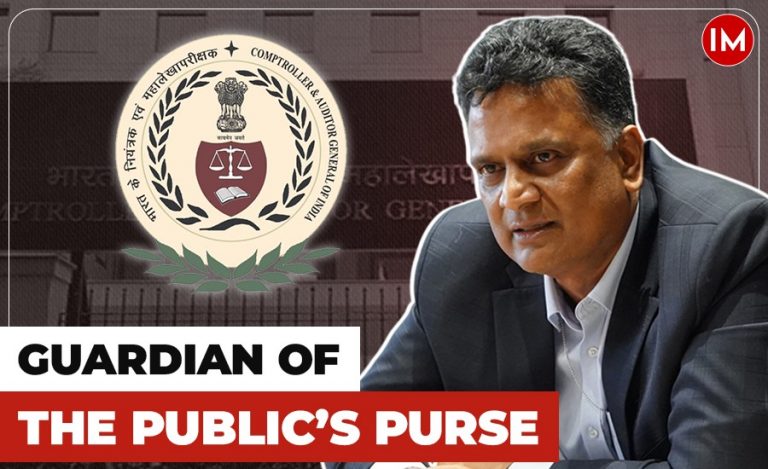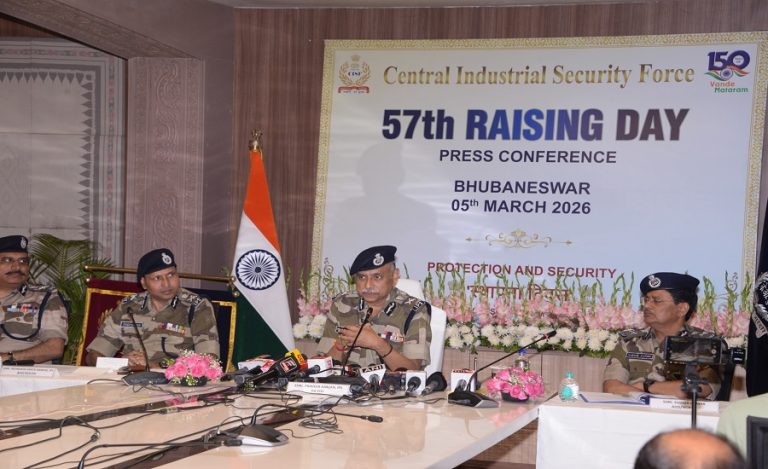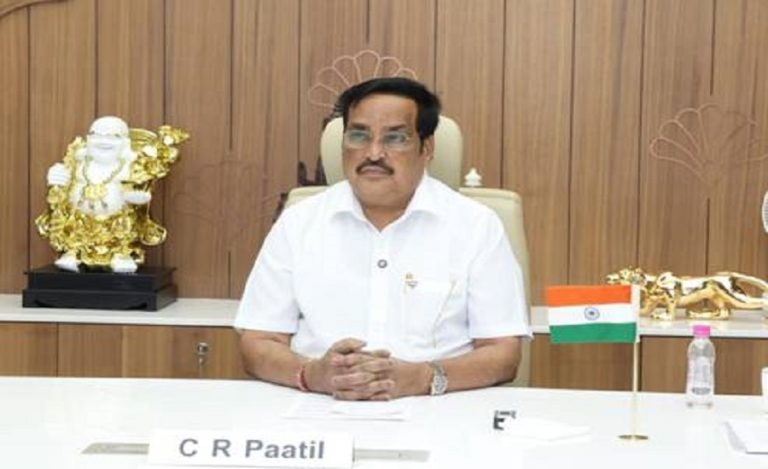In his new book, No More a Civil Servant, Mr. Anil Swarup has devoted a whole chapter to ‘My Understanding of the Cabinet Secretariat’. He writes about his visits to its office premises in a nondescript corner of the grand Rashtrapati Bhawan and wonders about the needless all-pervading air of secrecy it tries so hard to maintain.
As luck would have it, he himself became a part of this circle, that seemed to be sworn to secrecy as far as any move of the government is concerned, when he became the head of the Project Monitoring Group (PMG) in the Cabinet Secretariat.
Did he adhere to the accepted norms, or didn’t he? Let’s find out.
MINISTER STALLS PROJECTS
Life in the precincts of the Cabinet Secretariat was far from comfortable for Mr. Swarup. Here was a central minister hell bent on stalling all mega projects that came for clearance to her ministry – Environment & Forests – unless ‘speed money’ was paid, ostentatiously for party funds!
“The crisis had reached epic proportions as the minister had been sitting on files relating to projects entailing an investment of more than `50,000 crore. There were also rumours that a ‘tax’ named after her was charged. I had sent notes on three different occasions to the Cabinet Secretary requesting him to inform the Prime Minister about this specific case, as such delays were likely to create embarrassment for the government that was already reeling under various scams.”
But to no avail.
MONTEK INTERVENES
And then, a chance came by chance! One day the Cabinet Secretary called to say that Montek Singh Ahluwalia wanted to meet him. “Montek, as he was popularly known, was the Deputy Chairman of the Planning Commission. Again, the context of the meeting was not revealed, but I was summoned immediately. As I entered his room, he complimented me on the excellent work I was doing at the PMG. In reality, the delays in clearances pertaining to the Ministry of Environment and Forests were beginning to frustrate us.”
“When I conveyed my reservations in the meeting, Montek asked for the details. I shared the problems faced with the Ministry of Environment and Forests and the potential fallout. He looked perplexed and enquired, “Have you informed the Prime Minister?” I told him that I had no access to the Prime Minister. He assured me, “Ok, I will have a word with him.””
No sooner had Mr. Swarup returned to his room in the Vigyan Bhavan Annexe that he got a call from the Cabinet Secretary.
“He had just finished a long conversation with the Prime Minister. Usually an unflappable person, he appeared a trifle perturbed. “What did you tell Montek?” he questioned. “I told him all that I have been telling you for the past couple of months,” was my response. “Everything?” he was surprised. Then regaining his composure, “No wonder the Prime Minister wanted to know more about it.””
The Principal Secretary to the Prime Minister rang Mr. Swarup up the next day and sought more details, which he promptly sent. The details disclosed that files and decisions were held up in the Ministry of Environment and Forests.
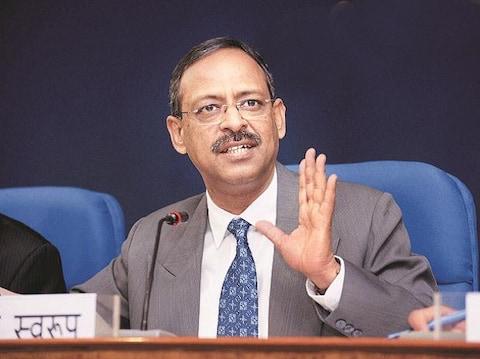
MINISTER SHUNTED OUT
And then, another chance meeting landed him another opportunity to take up the matter further. This time it was Oscar Fernandez, with whom he had worked when he was the Labour Minister.
“I used this opportunity to broach the issue related to delays in clearance by the Ministry of Environment and Forests and the associated rumours regarding ‘speed money’ that infamously came to be known by the name of a cabinet minister. It was rumoured that this money was being collected for the party fund. Oscar Fernandez had heard similar rumours. Being close to the ‘family’, I suggested that as the name was dragged into this mess, he should inform the ‘high command’. I do not know what happened after this to trigger the decision, but the concerned minister was shown the door within a week.”
Mr. Swarup quickly points out that this was certainly not on account of the Cabinet Secretary, who did nothing about the notes he had sent him periodically. “I gradually became convinced that the Cabinet Secretariat was reduced to a post office, perhaps worse than that.”
(To be continued…)

